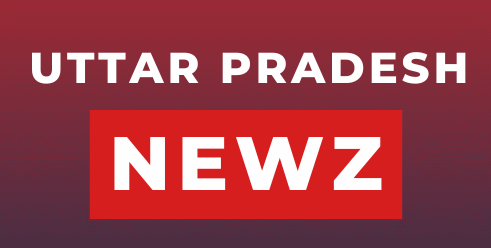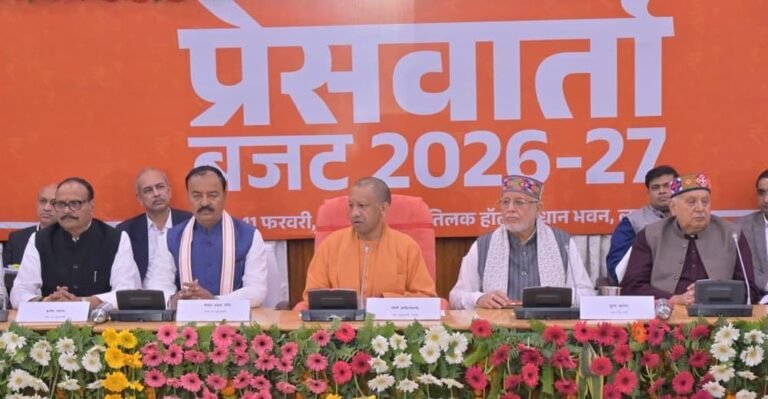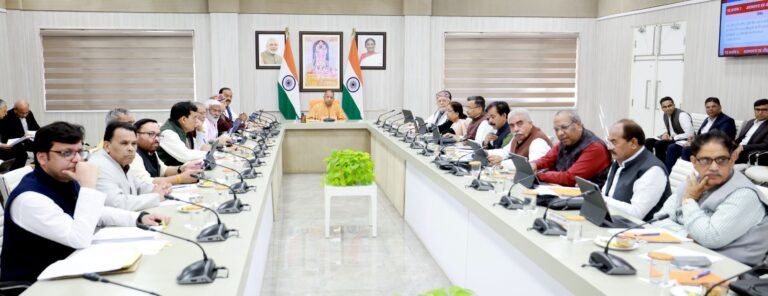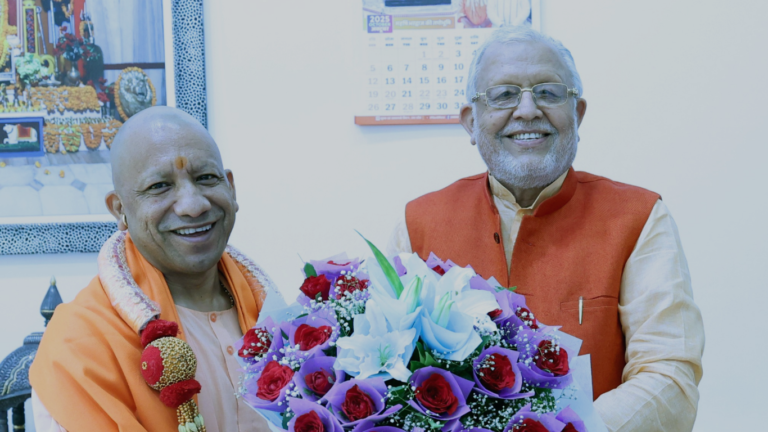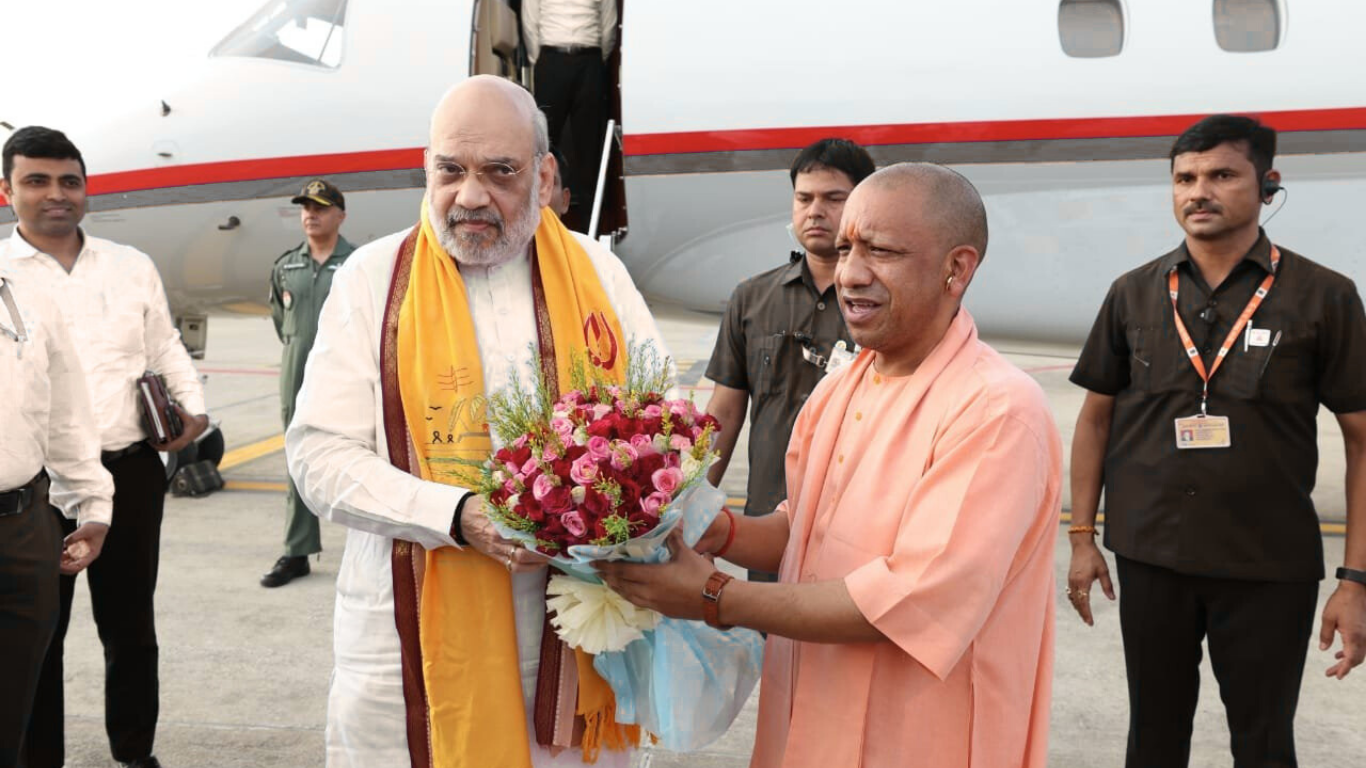
On June 24, 2025, Union Home Minister Amit Shah led the 25th Central Zonal Council meeting in Varanasi, Uttar Pradesh, a significant event for regional cooperation. The meeting, attended by the Chief Ministers of Uttar Pradesh, Madhya Pradesh, Chhattisgarh, and Uttarakhand, focused on issues like security, development, and women’s safety. Hosted at a city hotel, this marks the first time Varanasi has held such a meeting, highlighting its growing importance. With discussions on rural banking, health, and inter-state disputes, the council aims to strengthen ties among states. Locals and officials are hopeful for positive outcomes. Here’s the latest on the meeting, its goals, and the public’s response.
Key Details of the Varanasi Meeting
The Central Zonal Council meeting, chaired by Amit Shah, took place on June 24, 2025, from 11:00 AM to 2:00 PM at a Varanasi hotel. Chief Ministers Yogi Adityanath (Uttar Pradesh), Mohan Yadav (Madhya Pradesh), Vishnu Deo Sai (Chhattisgarh), and Pushkar Singh Dhami (Uttarakhand) attended, along with senior ministers and officials. The agenda covered regional security, rural banking access, and faster investigations for crimes against women. Organized by the Inter-State Council Secretariat and Uttar Pradesh government, the meeting emphasized cooperative federalism. Shah arrived in Varanasi on June 23, welcomed by Adityanath, and visited the Kaal Bhairav temple. The event showcased Varanasi’s cultural heritage with an exhibition of GI-tagged handicrafts.
Attendees and Structure
The meeting brought together key leaders, including four Chief Ministers, two senior ministers per state, and chief secretaries. Central government officials and NITI Aayog representatives also joined. The Central Zonal Council, formed under the 1956 States Reorganisation Act, includes Chhattisgarh, Madhya Pradesh, Uttarakhand, and Uttar Pradesh. Shah serves as chairperson, with one Chief Minister as vice-chairperson, rotating yearly. A permanent committee of chief secretaries reviews state-raised issues before they reach the council. This setup ensures thorough discussions on critical matters.
Agenda Highlights
The council discussed pressing issues like improving rural banking, ensuring swift probes into sexual offense cases, and strengthening the Emergency Response Support System (ERSS-112). Other topics included health, education, nutrition, and urban planning. States raised specific concerns, such as inter-state coordination and resource sharing, aiming for balanced development. The focus on women’s safety and fast-track courts reflects national priorities. These discussions aim to foster collaboration and address regional challenges effectively.
Official Reactions
Varanasi residents and officials welcomed the meeting, seeing it as a boost for the city’s prominence. Chief Minister Yogi Adityanath hosted a dinner for Shah and the Chief Ministers on June 23, reflecting local hospitality. Social media posts on X show excitement about Varanasi hosting the event, with users praising the focus on development and security. Local BJP leaders organized grand welcomes for Shah, with drumbeats and flower showers. However, some residents raised concerns about traffic disruptions due to VIP movements. Officials are addressing these while highlighting the meeting’s potential to bring solutions to regional issues. The event has sparked hope for better coordination among states.
Local Sentiment on X
Posts on X capture Varanasi’s pride in hosting the council meeting. Users shared photos of Shah’s arrival and praised the government’s efforts to tackle issues like women’s safety and rural banking. Many see the event as a chance to showcase Kashi’s cultural heritage, with mentions of the handicraft exhibition. Some locals, though, noted traffic challenges caused by road closures, urging better planning for future events. Overall, the mood is optimistic, with calls for actionable outcomes.
Official Preparations
Varanasi’s administration, led by Divisional Commissioner S. Rajalingam, ensured smooth arrangements. Security was tightened, and roads were cleared of encroachments for VIP travel. Adityanath personally oversaw preparations, including the dinner and temple visits by Shah and the Chief Ministers to Kashi Vishwanath and Kaal Bhairav temples. The hotel venue was chosen for accessibility, and an exhibition of Varanasi’s GI-tagged products was set up to promote local artisans. These efforts reflect the city’s commitment to hosting a successful meeting.
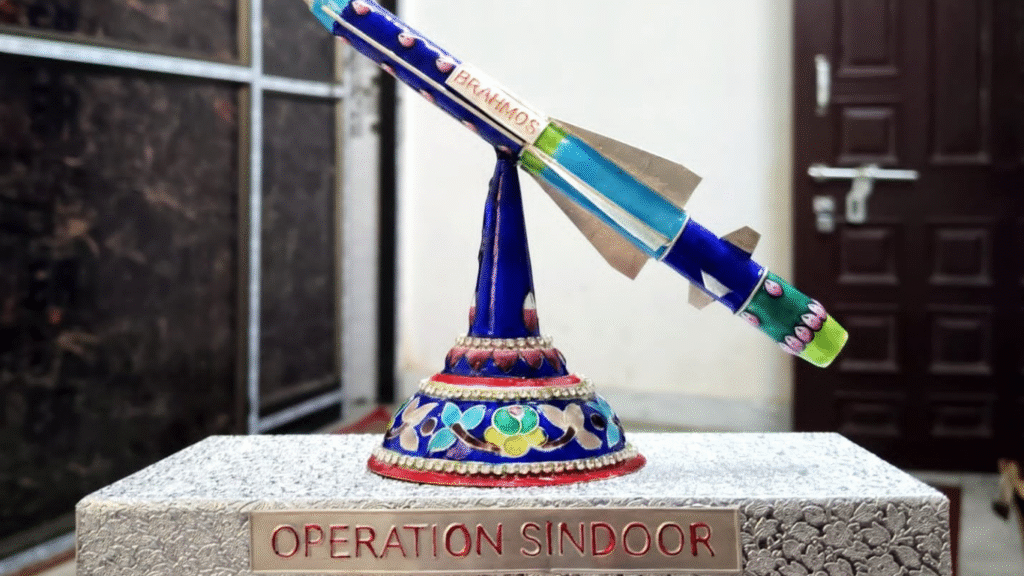
Outcomes and Future Implications
The meeting concluded with discussions aimed at resolving inter-state disputes and boosting development in the four states. While the council’s role is advisory, its recommendations often shape policies. Expected outcomes include plans for better rural banking, faster judicial processes for women’s safety, and improved emergency response systems. The focus on cooperative federalism aligns with Prime Minister Narendra Modi’s vision of strong states for a strong nation. Varanasi’s successful hosting may pave the way for more such meetings outside state capitals. As of June 24, 2025, officials are compiling a report, with follow-up actions anticipated. The meeting could lead to stronger regional ties and development projects.
Potential Policy Impact
The council’s recommendations may influence state policies, particularly in rural areas needing banking facilities and faster crime investigations. Plans to expand ERSS-112 could improve emergency responses. States may adopt joint projects for health and education, addressing gaps in services. The emphasis on inter-state coordination could resolve disputes over resources, benefiting farmers and businesses. These steps aim to create equitable growth in the Central Zonal region. Past council meetings have led to similar initiatives, raising hopes for concrete results.
Varanasi’s Growing Role
Hosting the meeting has put Varanasi in the national spotlight, showcasing its cultural and administrative importance. The event’s success, coupled with the GI-tagged product exhibition, boosts local pride and tourism. It may encourage other cities to host similar high-level meetings, decentralizing such events from state capitals. The positive response on X and from officials suggests Varanasi could become a regular venue for regional discussions, enhancing its status as a cultural and political hub.
